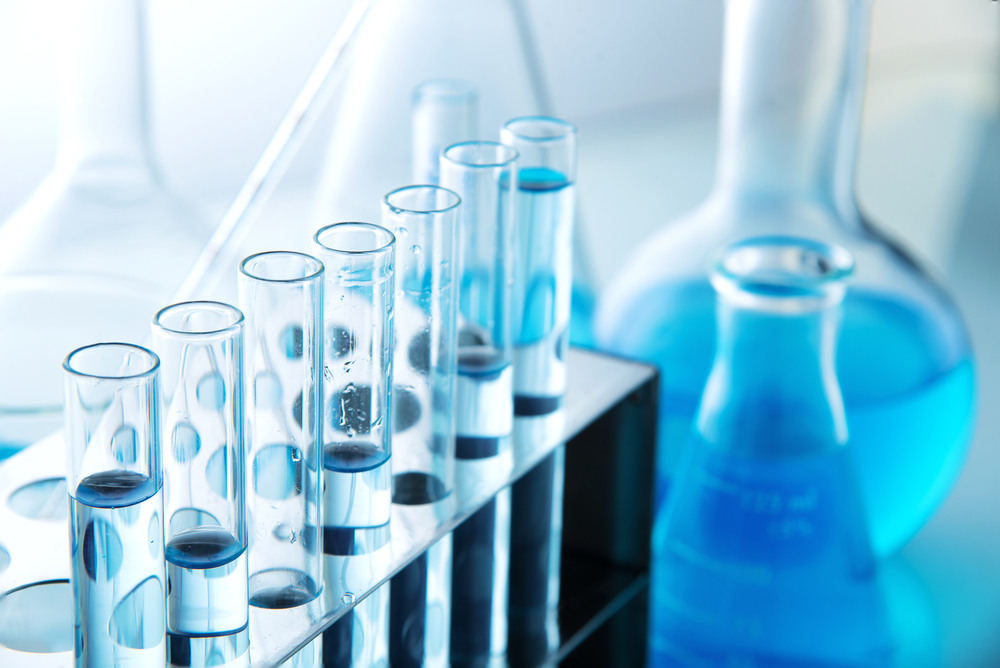4 reasons to use a school laboratory glassware washer instead of a domestic dishwasher
School laboratory glassware washers are so much better suited to science labs than domestic appliances; find out why there’s just no contest.

School laboratory glassware washers leave domestic dishwashers in the dust when it comes to killing off those corrosive chemicals.
Reliability and robustness are the name of the game when it comes to school equipment. And, you don’t need us to remind you that every replacement or bit of maintenance equals time and money lost.
Today, we’ll give you the low-down on lab glass washers vs domestic appliances, and why only one can live up to the standards your science labs need.
School laboratory glassware washers vs domestic dishwashers
Here are just four of the many reasons why you should choose a laboratory glassware washer over its domestic equivalent:
1) Materials
Domestic dishwashers are made of plastics and lower-grade stainless steel alloys.
Sure, these materials can survive a few mucky dishes and some rogue leftovers. But, the types of corrosive chemicals and solvents used in labs can eat up domestic dishwashers from the inside out.
School laboratory glassware washers are made of higher-grade stainless steel (e.g. grade 304), which is strong enough to take the strain.
2) Water heating
It’s not just the chemicals that can chomp on the guts of a domestic dishwasher…
Domestic dishwashers only need to heat water to a mediocre 55˚C-75˚C – about the same as a steamy mug of coffee.
To scrub all those corrosive chemicals off and sanitise glassware, school laboratory glassware washers have to get all the way up to 93˚C – basically boiling. So, they’re made to handle the heat.
3) The pump
Domestic dishwashers only have the one pump, while lab glass washers usually have two.
This means that domestic dishwashers use the same pump to draw water in and push it back out again. So, the ‘clean’ water circulating inside is actually full of the chemicals you thought you’d already got rid of!
Not only can this damage domestic dishwashers, it raises the risk of cross-contamination in your next lesson, which could skew your test results or worse.
4) Spindle washing
Items with thin necks (anything from vases and jugs to test tubes and beakers) won’t be properly cleaned in a domestic dishwasher as there’s no spindle that can get inside.
Many school laboratory glassware washers have special nozzles that shoot water and detergent directly up into these vessels, making sure they come out squeaky clean. Not only that, but some even blow hot air inside the vessels to get them dry before the cycle’s even over.
5) Water purity
Domestic dishwashers only have one water inlet, and that comes from your mains supply.
Of course, that’s totally fine for scrubbing those plates clean. But this water falls some way short of being pure enough not to affect your lab results.
That’s why lab glass washers come with more than one inlet. You can connect the other to a purified water source and keep your measurements nice and accurate.
For all these reasons and more, you need to forget about domestic appliances when it comes to your science labs.
Speak to the friendly Utility Rentals team today about how to get set up with brand-new school laboratory glassware washers!

